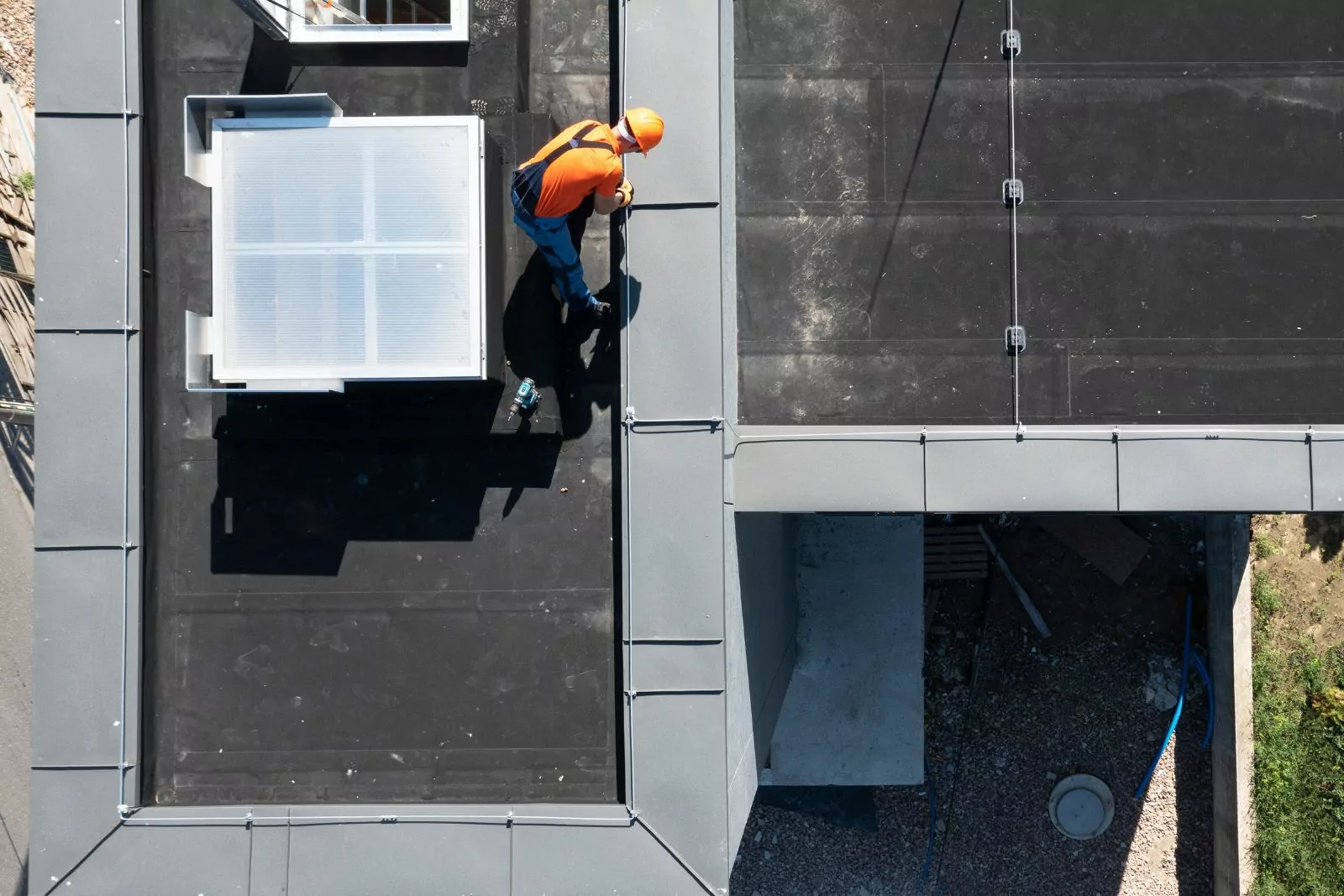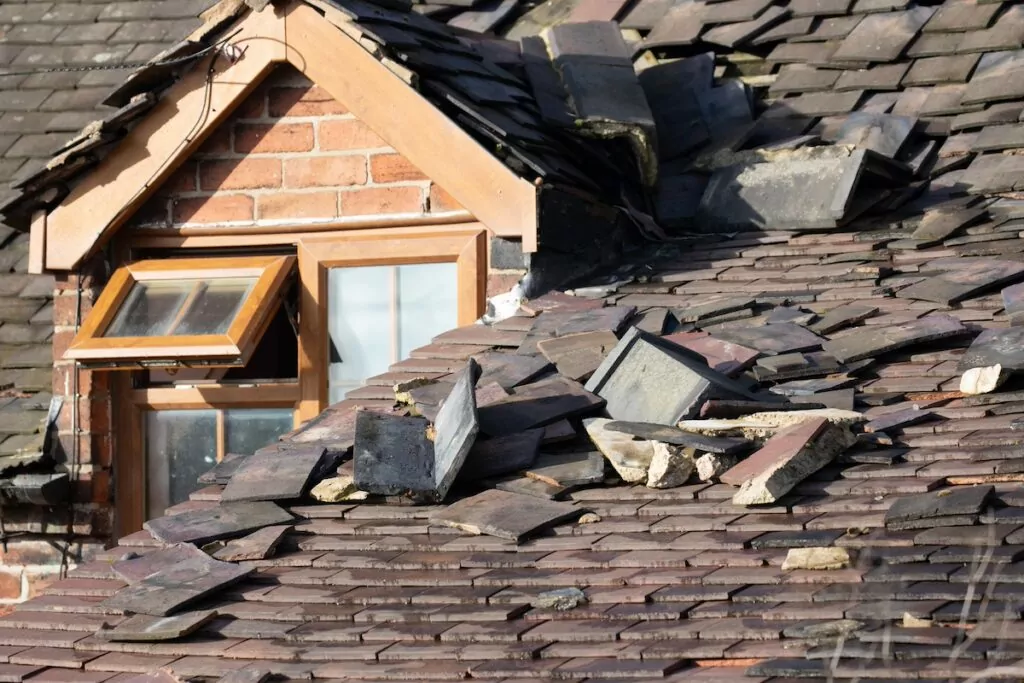Being a homeowner or a building owner comes with many responsibilities, not limited to your roof. When your roof suffers damage from a storm or wear and tear, you might be at a loss for what insurance will cover. Today, we break down different roof insurance options, from homeowners insurance to secondary coverage options that fill in policy gaps, and how CoMitted 365 makes sure you’re getting the coverage you’re entitled to.
The three main options for roof insurance
When it comes to roof insurance, there are several options available to protect against various risks:
- Homeowners Insurance. Most homeowners have a standard homeowners insurance policy that covers damages to their property, including the roof, caused by covered perils such as fire, windstorms, or hail. However, coverage varies. It’s important to review your policy to understand the coverage limits and any exclusions that may apply (including deductibles).
- Roof Warranty. Roofing materials often come with warranties from the manufacturer. These warranties typically cover defects in the roofing materials. It’s crucial to understand the terms and conditions of the warranty, as they may not cover issues caused by improper installation or external factors
- Umbrella Insurance. An umbrella insurance policy provides additional liability coverage beyond the limits of your standard homeowners insurance. It can offer extra protection in case of a severe incident that exceeds the limits of your primary policies.
Before purchasing any insurance policy, carefully review the terms, conditions, and coverage limits. Consult with insurance professionals to figure out the specific needs of your situation and location. And regularly update coverage to ensure it makes sense for you.
Does homeowners insurance cover roof leaks?
Homeowners insurance may cover roof leaks in certain situations, but specifics vary based on what’s causing the issue and how your policy is set up. Generally, homeowners insurance is more likely to cover sudden and accidental damage rather than issues related to wear and tear or lack of maintenance. Here are some key points to consider:
- If the roof leak results from a covered peril, such as a storm, hail, or fire, your homeowners’ insurance is more likely to provide coverage. However, some policies may exclude certain perils. If it’s been a while since you reviewed your policy, make a point of doing so and seeing what’s covered.
- Some policies may cover water damage due to a roof leak. However, the coverage is likely to be limited.
- Insurance policies often have exclusions for specific causes of damage. Look for language that may limit coverage for certain events or circumstances.
Don’t forget about deductibles. Remember that your insurance policy will likely have a deductible, and you’ll need to pay this amount out of pocket before coverage kicks in.
What your insurance probably doesn’t cover:
Homeowners insurance may not cover repairs if the issue is due to neglect and gradual deterioration or if it’s part of an ongoing maintenance plan. Schedule regular inspections and take care of minor repairs to protect against significant damage in the future. If you have concerns about the condition of your roof or potential leaks, address them promptly to minimize the risk of damage and maintain a sound insurance position. A detailed log of inspections, maintenance tasks, and repairs with pictures can go a long way when filing a claim.
Uncovering the biggest roofing insurance myth
Often, clients worry that insurance rates will go up if they submit a claim after suffering storm damage. The truth is that if a weather event affects a substantial area, rates will go up for the entire region, regardless of whether you submit a claim. So, you’re better off submitting the claim and getting the coverage you’re owed.
You Don’t Have to Navigate Roof Insurance Alone
At CoMitted 365, we’re used to talking to insurance companies—we do it all the time. If you’re struggling to navigate your current insurance policy or have questions about a project, reach out to our team. We’re happy to discuss your options and coordinate with your insurance company to ensure you get the coverage you qualify for.



